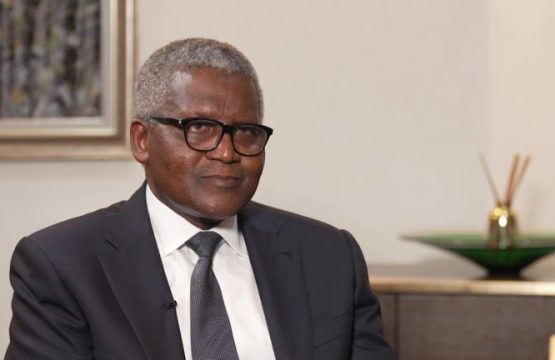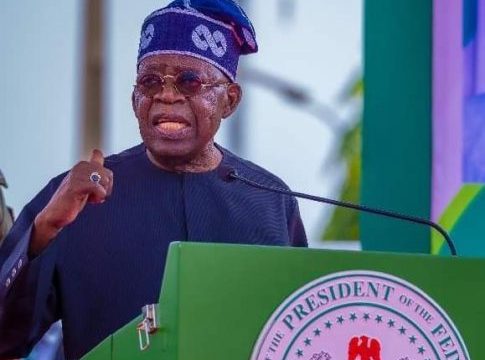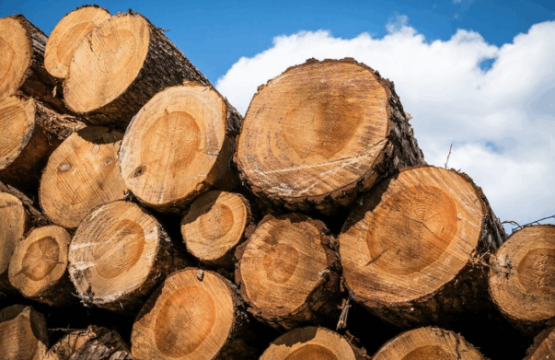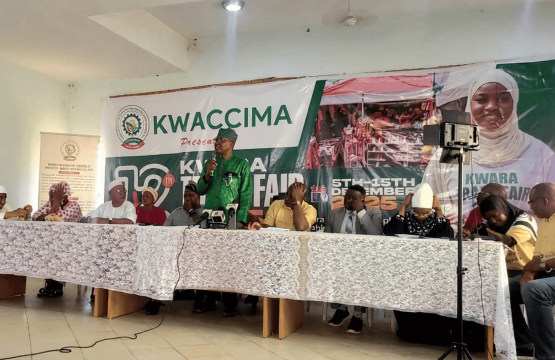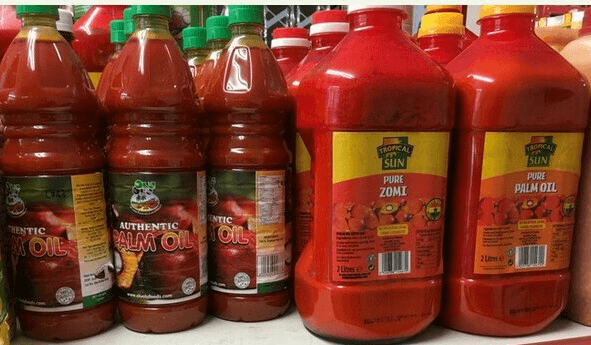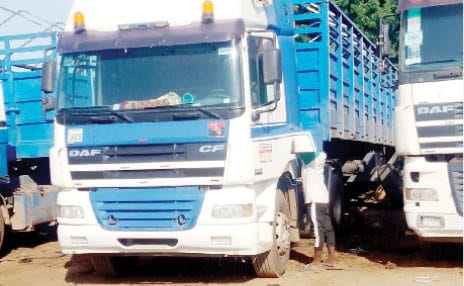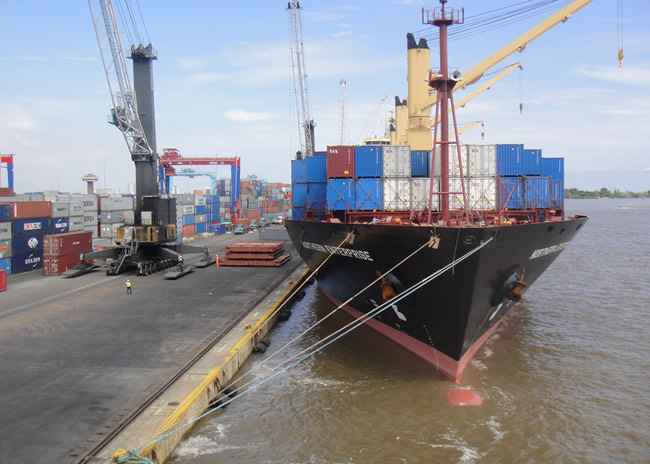ECOWAS is calling on palm oil-producing member states to remove tariffs and taxes on the commodity.
This is to facilitate the trading of the commodity and for the sustainable growth of the palm oil sector within the region.
The region’s palm oil producing countries are Ivory Coast, Togo, Benin, Nigeria, Ghana, and Liberia.
Amb. Yakubu Dadu, Head, ECOWAS National Unit, Ministry of Foreign Affairs, made the call during a meeting of the group on “Free movement of palm oil under the ECOWAS Trade Liberalisation Scheme (ETL,” on Tuesday in Abuja.
He said that despite the remarkable success of the ECOWAS Trade Liberalization Scheme (ETLS), which was established in 1979, the West African subregion found itself facing challenges within the “pivotal palm oil sector.”
Dadu said: “The ECOWAS Trade Liberalisation Scheme (ETLS) stands as a cornerstone in the realisation of a West African common market, embracing agricultural, handicraft, and erude products initially and later extending its reach to include industrial and processed goods.
“Despite the remarkable success of the ETLS, we find ourselves facing challenges within the pivotal palm oil sector as the cross-border movement of palm oil has encountered origin-related disagreements among member states, posing a threat to the sector’s stability and growth potential.
“Our goal should be to achieve an environment where innovative solutions can be fashioned for the sustainable growth of the palm oil sector within the ECOWAS region,” he said.
“Despite the remarkable success of the ECOWAS Trade Liberalization Scheme (ETLS), which was established in 1979, the West African subregion found itself facing challenges within the “pivotal palm oil sector.”
Then, Mrs Massandje Toure-Litse, Commissioner for Economic Affairs and Agriculture, ECOWAS Commission, added that one of the challenges in palm oil trading in the region was taxation.
She said that by virtue of the introduction of ETLS, ECOWAS had already eradicated tariffs on business transactions within the region, but some disagreements still existed on the issue in some countries, which should be resolved to facilitate oil palm trading.
“Some products will go to some countries, and the countries will ask them to pay tariffs when we know that under ECOWAS law, goods produced in our region should be free of tax.
“We have, therefore, invited all the countries to come and have a discussion to solve the issues in the commercialization of palm oil in the region.
Also, the ECOWAS Commission’s Director of Customs, Union, and Taxation, Salifou Tiemtore, said that ECOWAS member states were not producing enough palm oil to meet the demands of the subregion.
“Let me tell you the truth: till now, with the statistics we have, we still need to import palm oil. What we are producing is not enough for our own consumption.
If you take a country like Nigeria, it can double its production in terms of palm oil, but we need to put in place some incentives so that through ECOWAS ETLS, Nigeria can cover the Nigerian market and also go beyond the Nigerian market.
■ industrialtimesngr@gmail.com


